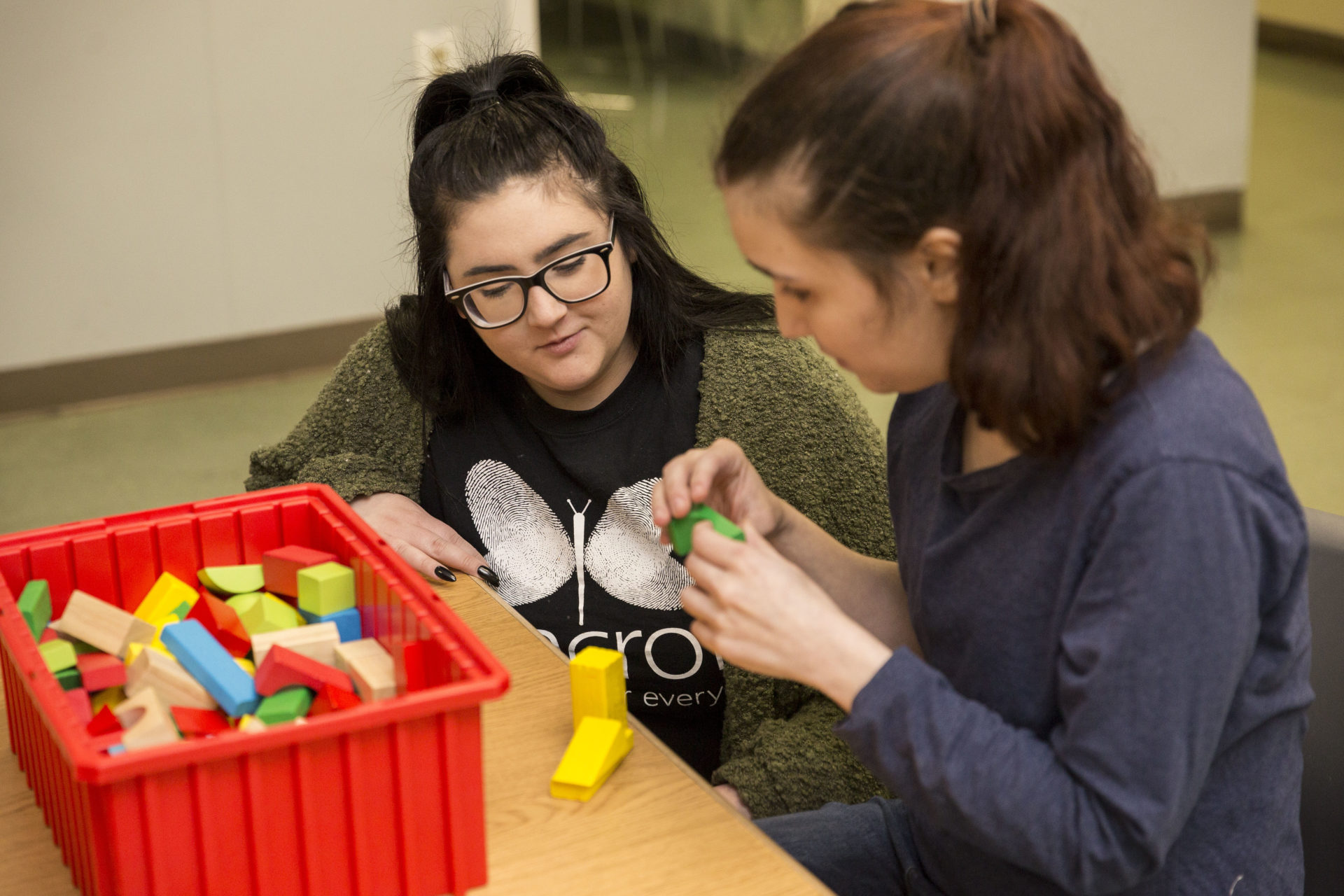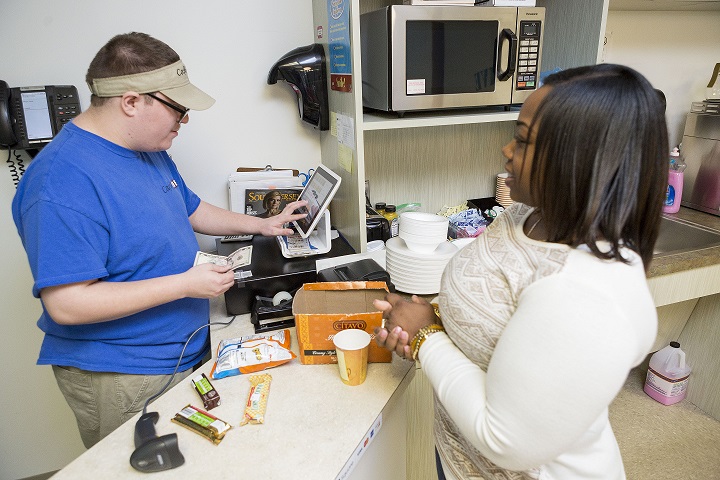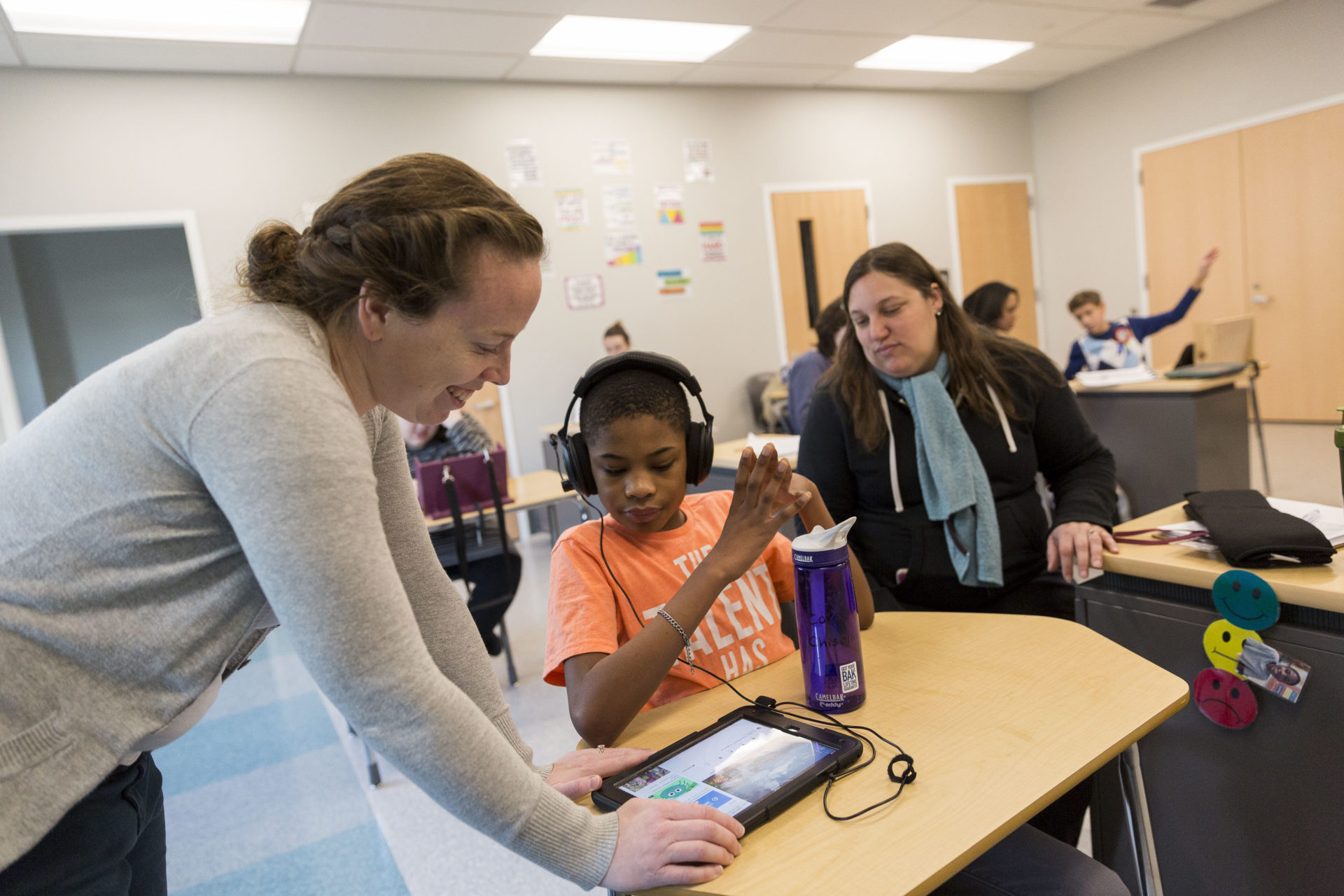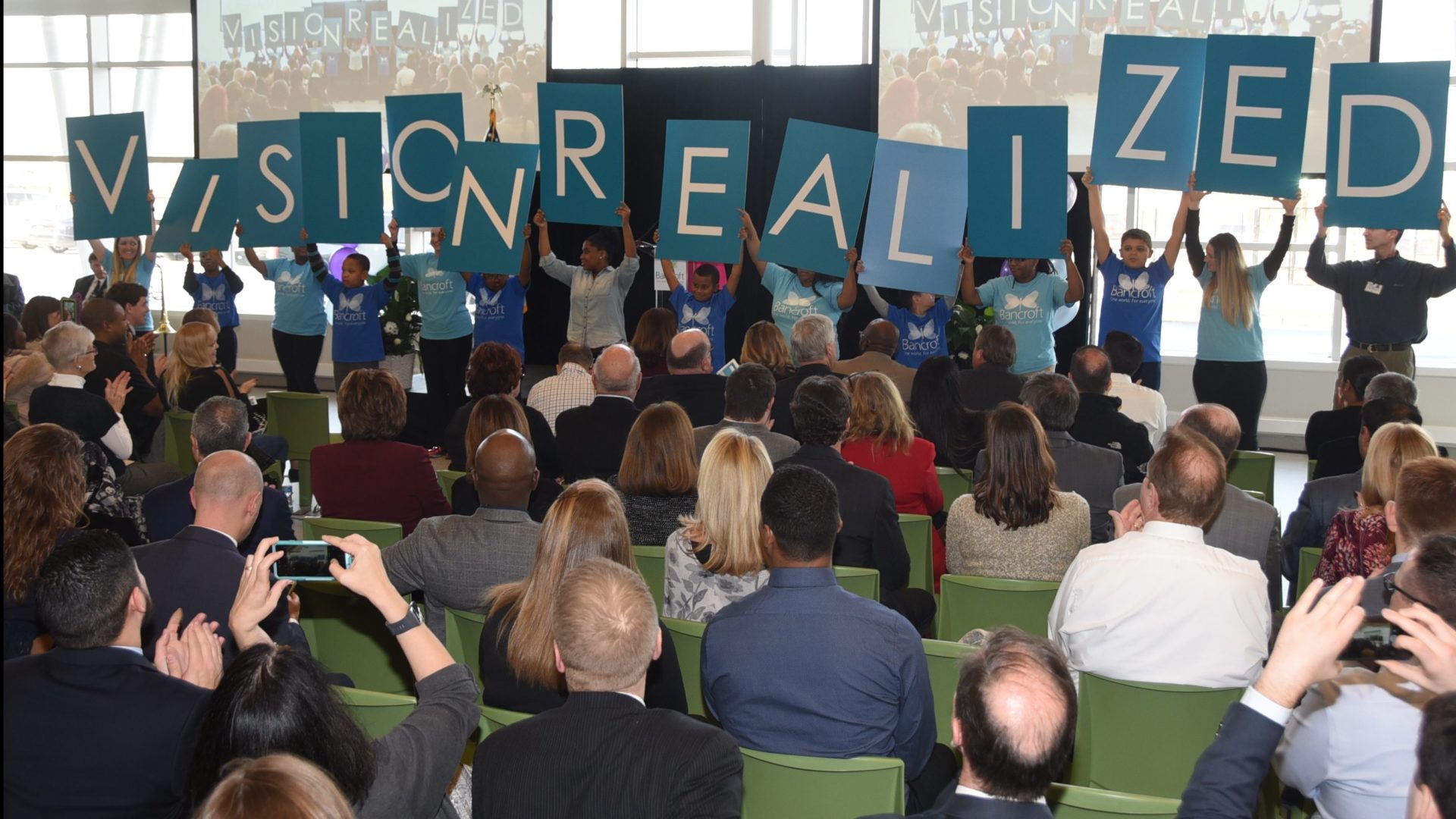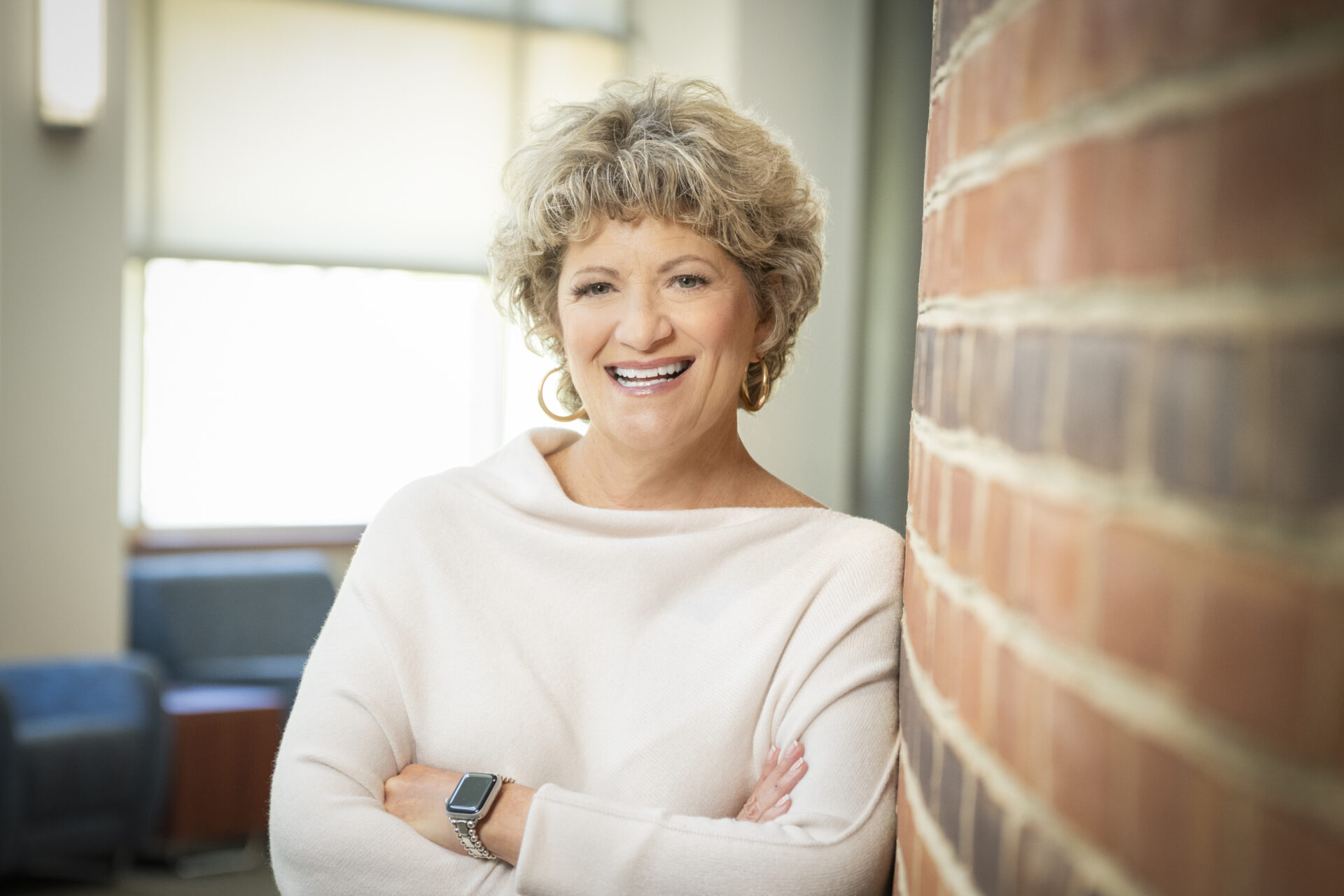May is Better Speech and Hearing Month, and as a growing population seeks speech therapy for impairments far beyond language, one local Speech Therapist deciphers the complex field
Contributor: Katie Love, M.S., CCC-SLP, Speech Therapist at Bancroft NeuroRehab
Monday, May 9. 2016
When I tell someone I’m a speech therapist, I typically hear the question, “So, you help kids talk?” Yes, some speech therapists work with children in early intervention, school, and outpatient settings and assist with speech intelligibility. However, the profession of speech therapy includes other populations and a vast array of treatment areas.
May is Better Speech and Hearing Month, and to help understand the field and the children and adults speech therapists help every day, I thought it might be helpful to explore the dynamics.
As a licensed and ASHA (American Speech-Language-Hearing Association) certified speech therapist, I’ve worked with individuals throughout the lifespan. This includes newborn babies who have swallowing difficulty, to adults with speech and language challenges, to elderly individuals who have memory impairment residing in a nursing home, and everyone in between.
At Bancroft NeuroRehab, one of our region’s leading neurorehabilitation facilities, I am working with individuals who experience problems with communication, cognition, and/or swallowing that have resulted from neurological diagnoses.
The settings in which a speech therapist can work are just as varied. You can find speech therapists in a school, hospital, nursing home, NICU, private practice, and even on the computer, working in the rapidly emerging field known as telepractice.
To the surprise of many, a speech therapist can assist individuals with speech, language, voice, swallowing, and cognition. Speech and language are two different things. Speech is considered to be the sounds we make to communicate while language can be verbal or nonverbal. We use language to understand others and to express our wants, needs, ideas, and opinions. Voice is the way in which we produce our speech.
How to tell if your loved one needs help
One question we answer often is, “How do I know if my child/parent needs speech therapy?” and the answer is not always crystal clear. For parents of little ones, it’s crucial to rely on the expertise of your pediatrician. And, trust your instinct. Familiarize yourself with general guidelines and milestones and be proactive seeking guidance from your child’s physician.
At Bancroft NeuroRehab, I work mainly with an adult population and suggest loved ones look for the following signs before seeking speech therapy:
Changes in cognition: If your adult loved one has become increasingly forgetful, can’t find the right words, or has trouble understanding speech, he or she may benefit from a neuropsychological evaluation to determine the source of the problem. Often, a speech therapist can support recovery from cognitive impairments, and even help a patient improve memory and attention.
Changes in eating and swallowing: When a person grows increasingly unable to swallow food, or often coughs when swallowing, a speech therapist can provide exercises to regain swallowing ability.
Constant hoarseness/difficulty speaking: These symptoms often accompany the diagnosis of a progressive condition such as Parkinson’s disease. A speech therapist, in concert with a patient’s neurological care team, can aid a person in finding their voice in the face of an illness or impairment.
I encourage you to be your own advocate, and to advocate for those you love. Speech therapists can do so much more than you may realize to help improve cognition, communication and quality of life, so don’t be afraid to ask for help.
###
To learn more about neurorehabilitation services, including treatments for concussion, traumatic brain injury, memory loss and other cognitive impairments, in addition to speech and language therapies, at Bancroft NeuroRehab, dial 844.234.8387 or visit www.BNRinfo.org to find the right expert.




